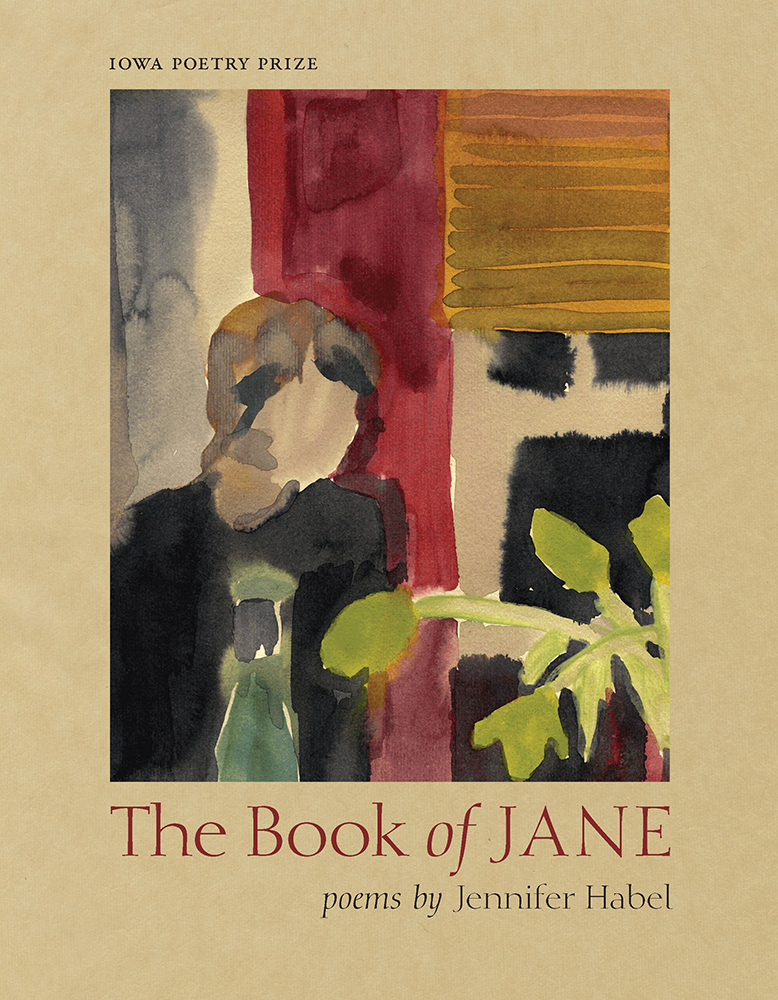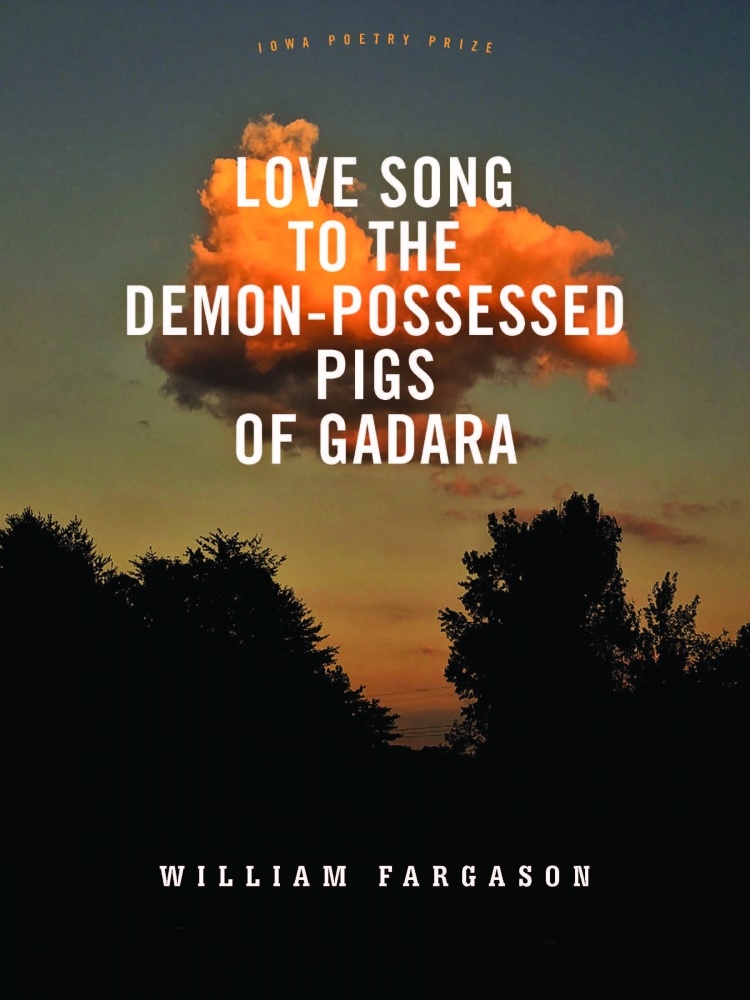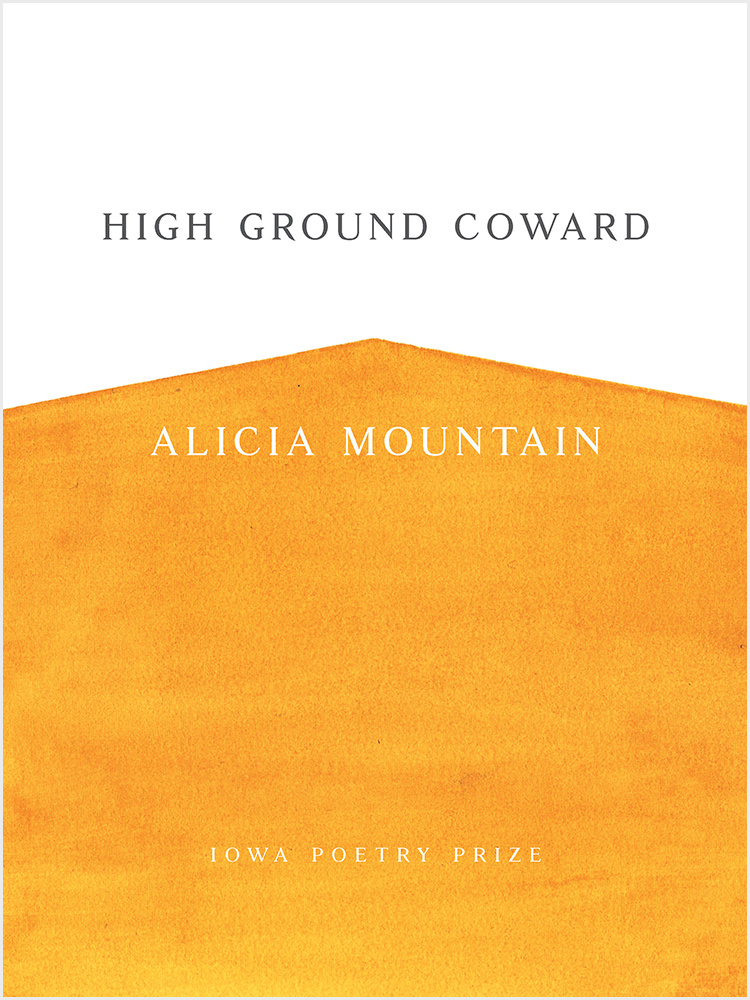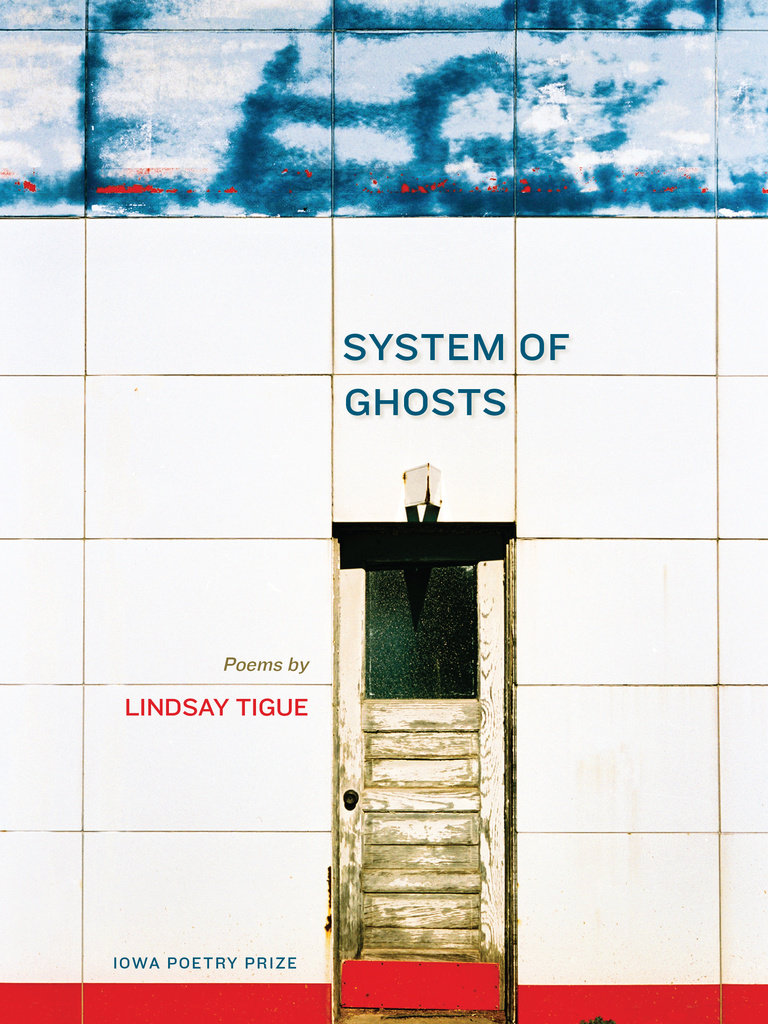The Book of Jane is a perceptive, tenacious investigation of gender, authority, and art. Jennifer Habel draws a contrast between the archetype of the lone male genius and the circumscribed, relational lives of women. Habel points repeatedly to discrepancies of scale: the grand arenas of Balanchine, Einstein, and Matisse are set against the female miniature—the dancer’s stockings, the anonymous needlepoint, the diary entry, the inventory of a purse.
“The Book of Jane blooms as a book of many books—those nipped at the bud, those impossible, unwritten works by women lost to history. The full-ranging, ordinary made magical songs of women who never got to sing them. The crucial supporting scenes cut from the plays always male-starred. The artistry and beauty of The Book of Jane is not just that it reimagines and reinstates these erased worlds but that those worlds are wild, unpredictable, unimaginable, except for through this brilliant poet’s unusually elastic and time-traveling mind. This work is an aesthetic joy and a feminist breakthrough, and Jennifer Habel’s is a voice we need, a voice we’ve waited a long time to hear.”—Brenda Shaughnessy, judge, Iowa Poetry Prize
“Jennifer Habel’s Book of Jane is quietly spectacular, and here, much as the poet says in the long final poem ‘big ambitions require small frames.’ These poems are formally inventive and various—one performs erasures of the first Dick and Jane books, another uses Microsoft Word track changes to note subtext, to self-correct (in the voice of a saint describing her vocation). There are ekphratic poems, persona poems, narratives, lists, even a circle. And the speaker of most of the poems, Jane, comes to us with a combination of frank intimacy and unceremonious but incisive self-awareness, observing herself, her work, her family, her domestic environment in a way that is equal parts tender and unflinching. Whether reporting on the contents of Jane’s office or a history of needlepoint or Balanchine’s dancers or a famous artist’s great-granddaughter, these poems give voice to women and the kinds of female experience that are often ignored, passed over, erased, self-censored. Habel writes, of people observing Vermeer’s The Lacemaker, ‘Peering as through a keyhole / they get close to the painting / but not to her.’ These poems give us ‘her,’ again and again. And as the painting’s observers marvel at the canvas, Habel’s readers will marvel at the subtle, remarkable achievement of these poems, ‘Look at that.’”—Rebecca Lindenberg, author, Love, An Index
“Jennifer Habel’s The Book of Jane is a formally inventive romp of a book that wrestles with and away from John Berger’s Ways of Seeing—‘men act and women appear.’ Jane (of Dick and Jane, who first ‘appeared’ in 1930) gets a chance to grow up, marry, have a daughter of her own, and grow older, ‘plucking / her new gray hairs.’ Short simple sentences written about Jane, the girl, are complicated and twisted to echo Jane’s own dialogue as a woman: ‘Don't get all Lady Macbeth. / Have a banana.’ The female models of male artists have their say, as does Mary L. Bowers, a twenty-one-year-old schoolteacher from Granville, Massachusetts, who kept a diary in 1870 postwar America. Female creativity and agency are central to Habel’s imaginative flourishes, which are considerable, brilliant, and always illuminating.”—Denise Duhamel, author, Scald
From “A Guide to Jane’s Office”:
That space heater is probably dangerous.
That’s from the gift shop at the Matisse Chapel.
This coaster hides a water ring.
Here is the bulletin board, empty as a well.
That’s trash.
That’s recycling.
This stuff needs to be shredded.
That under there is lost.
This is not quite what she expected, though it’s possible she never expected.
That sheet of paper says wine
compost
Dr. Wu?
Here is the thing about female sculptors in the Weimar Republic: their work was
celebrated only if it was small.
There is the squirrel staring in from the box gutter.
There is a long thin crack in the wall.
That’s nothing.
That’s private.
That’s due.
2019 Iowa Poetry Prize



